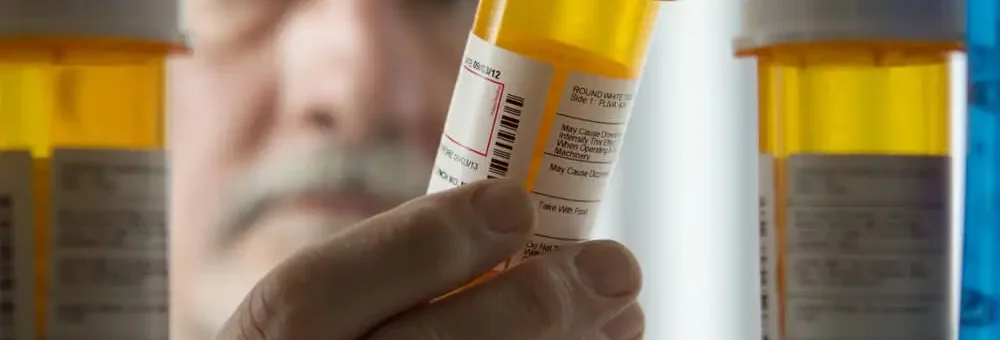
8 Opioid Overdose Risk Factors
Legacy Healing Center Blog
Learn to Recognize Risk Factors for Overdose
While the global COVID-19 pandemic has been grabbing all the headlines, another epidemic is happening right now. The opioid epidemic has not gone away, and many public health experts fear that addiction levels will only increase as the coronavirus lockdowns wear on.
In the face of this global health crisis, it is crucial for family members, coworkers, and others to know the warning signs of opioid addiction as well as overdose risk factors that could turn a drug abuse disorder into a fatal event.
Click here to speak with a treatment specialist today or call us anytime 24/7 at (888) 534-2295
It is essential to know who is at risk for an opioid overdose, as well as how to prevent this dangerous addiction from taking the life of someone you love. The sad truth is that everyone is potentially at risk of opioid addiction, but those taking pain medications for chronic conditions or post-surgical discomfort can be at the greatest risk.
Eight opioid overdose risk factors everyone should be aware of include:
1. A history of substance abuse – A history of alcohol abuse and/or past drug use can put an individual at increased risk of overdose. Family members can reduce the risk by seeking help right away.
2. Untreated mental health disorder – Untreated mental health disorders are a common underlying factor in addiction. Many people who have an undiagnosed mental or behavioral health condition use illicit drugs in an attempt to self-medicate. Recognizing and seeking treatment for mental health issues can significantly reduce the risk of addiction and overdose.
3. Recent surgery – Recovering from surgery can take time, and the pain of recovery can be intense. That is why opioid pain medications are often prescribed after surgery, and this can put the patient at an increased risk of dependency and even overdose. Talk to your doctor about prescribing the least amount of pain medication possible, and ask about alternative forms of pain relief like acupuncture and non-opioid medications.
4. Multiple medications – Those taking multiple medications, especially substances like benzodiazepines and anti-anxiety drugs, may be at higher risk of an opioid overdose.
5. Relapse – People who relapse after a period of sobriety are at an increased risk of a deadly overdose. A relapsing person’s tolerance will typically be lower than it was when they were last using opioids. People may not realize this and take their previous dosage putting them at risk for an overdose. This is one of the reasons aftercare support is so important for individuals transitioning from recovery to a lifetime of sober living.
6. Being male – Those born biologically male may be predisposed not only to addiction but an increased risk of overdose as well. To reduce the risk of overdose in males, it is especially important to seek treatment for substance abuse as early as possible.
7. Economic deprivation – Diversity in income plays a role in the opioid epidemic and other forms of substance abuse. Those at the lower end of the socioeconomic ladder have less access to resources needed to overcome drug addiction which can increase their risk.
8. A history of volatile relationships – The support of loved ones can serve as a bridge across troubled waters, but a lack of support can lead to addiction and ultimately overdose. Supporting your loved one through their struggles is the best way to help them avoid these dangerous overdose risk factors.
Being able to recognize these risk factors and how they apply to you or someone you love could help prevent a tragic overdose.
Seek Help Today
The best way to avoid the risk of an overdose is to seek treatment for substance abuse early on. If you are concerned about someone in your life and worried about them experiencing an overdose, don’t wait to get help. Contact Legacy Healing Center today to learn how we can help. Once you reach out, we will guide you through every step along the way.
